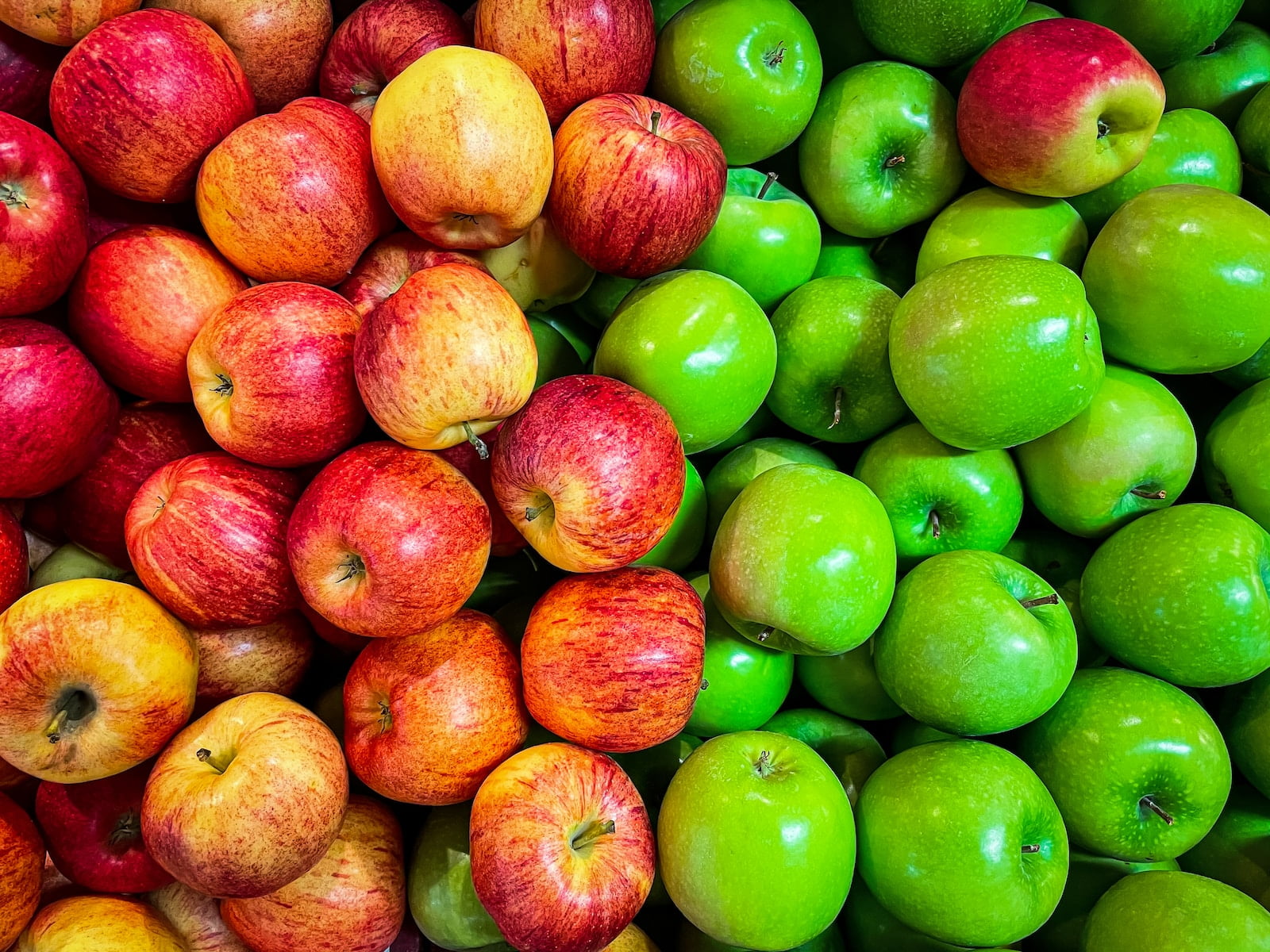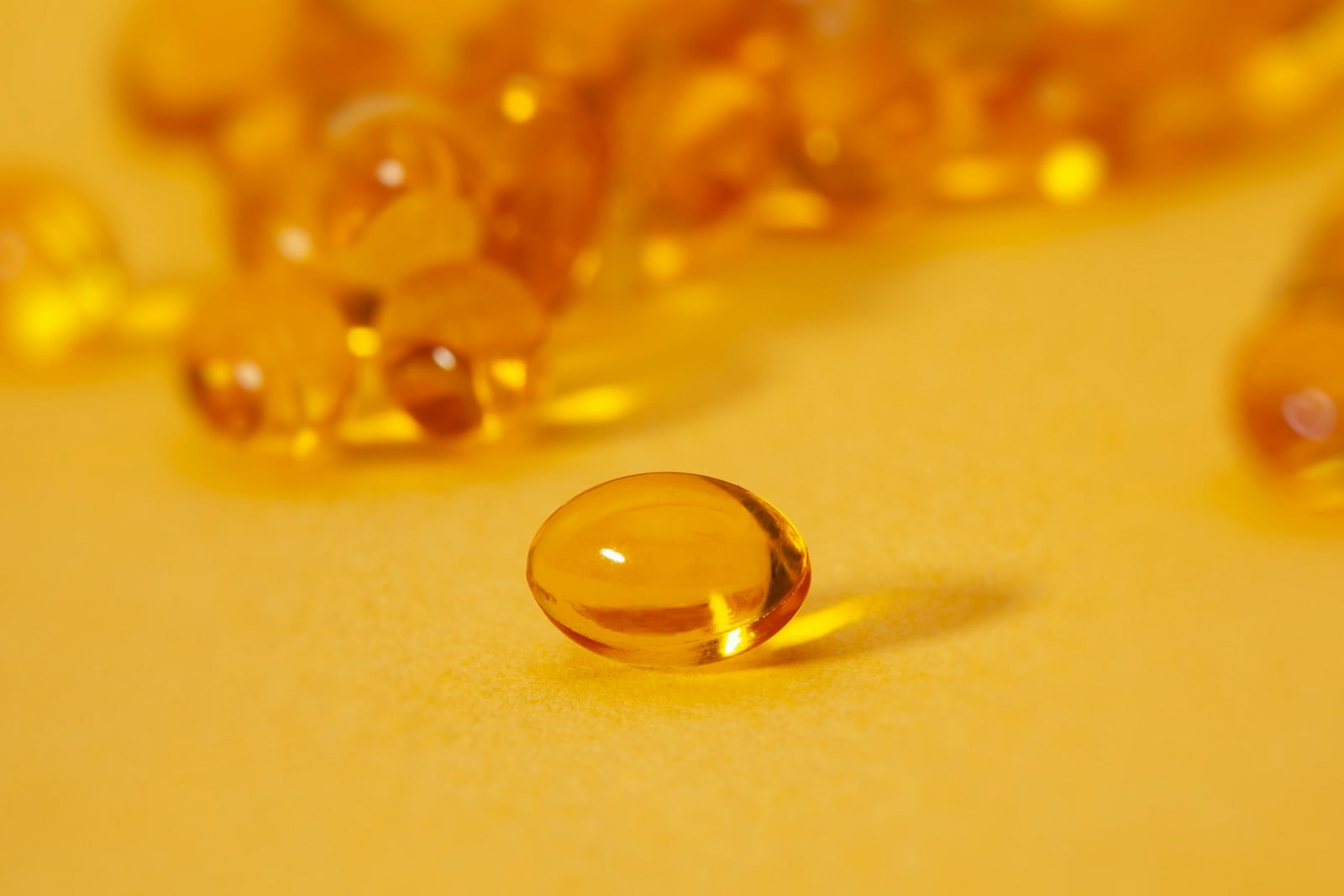Glutathione is a small protein molecule that is produced naturally by the body and is found in every cell. It is often referred to as the “master antioxidant” because of its ability to neutralize harmful free radicals and protect cells from oxidative stress. As we age, our body’s ability to produce and maintain optimal levels of glutathione tends to decline, making it important for seniors to consider incorporating sources of this molecule into their diet and/or supplement regimen.
Here are the top 10 benefits of glutathione for seniors:
- Boosts immune function: Glutathione plays a crucial role in supporting the immune system and helping it function properly. It helps to activate immune cells and plays a role in the production of antibodies, which are important for fighting off infections and diseases.
- Enhances cognitive function: Glutathione has been shown to improve cognitive function and memory in older adults. It helps to protect neurons (brain cells) from oxidative stress and inflammation, which can lead to age-related cognitive decline.
- Improves cardiovascular health: Glutathione has been shown to help lower cholesterol levels, improve circulation, and reduce the risk of heart disease. It can also help protect against oxidative stress and inflammation in the cardiovascular system.
- Promotes healthy aging: Glutathione is essential for the maintenance and repair of cells, including those in the skin. As we age, our body’s ability to produce and maintain optimal levels of glutathione tends to decline, leading to the appearance of fine lines, wrinkles, and other signs of aging. Supplementing with glutathione can help to support healthy skin and overall aging.
- Reduces inflammation: Glutathione has anti-inflammatory properties and can help to reduce inflammation in the body. Chronic inflammation has been linked to a variety of age-related diseases, including heart disease, cancer, and Alzheimer’s disease.
- Supports liver health: Glutathione plays a key role in the detoxification process, helping to remove toxins and waste products from the body. It is particularly important for maintaining healthy liver function, as the liver is responsible for filtering out toxins from the bloodstream.
- Improves respiratory health: Glutathione has been shown to improve respiratory function and reduce the severity of respiratory conditions such as asthma and chronic obstructive pulmonary disease (COPD). It can help to reduce inflammation and protect the respiratory system from oxidative stress.
- Helps to manage diabetes: Glutathione has been shown to help regulate blood sugar levels and improve insulin sensitivity in individuals with diabetes. It can also help to reduce the risk of complications associated with diabetes, such as nerve damage and kidney damage.
- Reduces oxidative stress: As a powerful antioxidant, glutathione helps to neutralize harmful free radicals and protect cells from oxidative stress. This can help to reduce the risk of age-related diseases and promote overall health and wellness.
- Enhances athletic performance: Glutathione has been shown to improve athletic performance and reduce muscle fatigue. It can also help to reduce muscle damage and support muscle recovery after exercise.
In conclusion, glutathione has a wide range of potential benefits for seniors, including improving immune function, cognitive function, cardiovascular health, and respiratory health. It can also help to reduce inflammation, manage diabetes, and protect against oxidative stress. While the body produces glutathione naturally, levels may decline with age, making it important for seniors to consider incorporating sources of this molecule into their diet and/or supplement regimen.




























